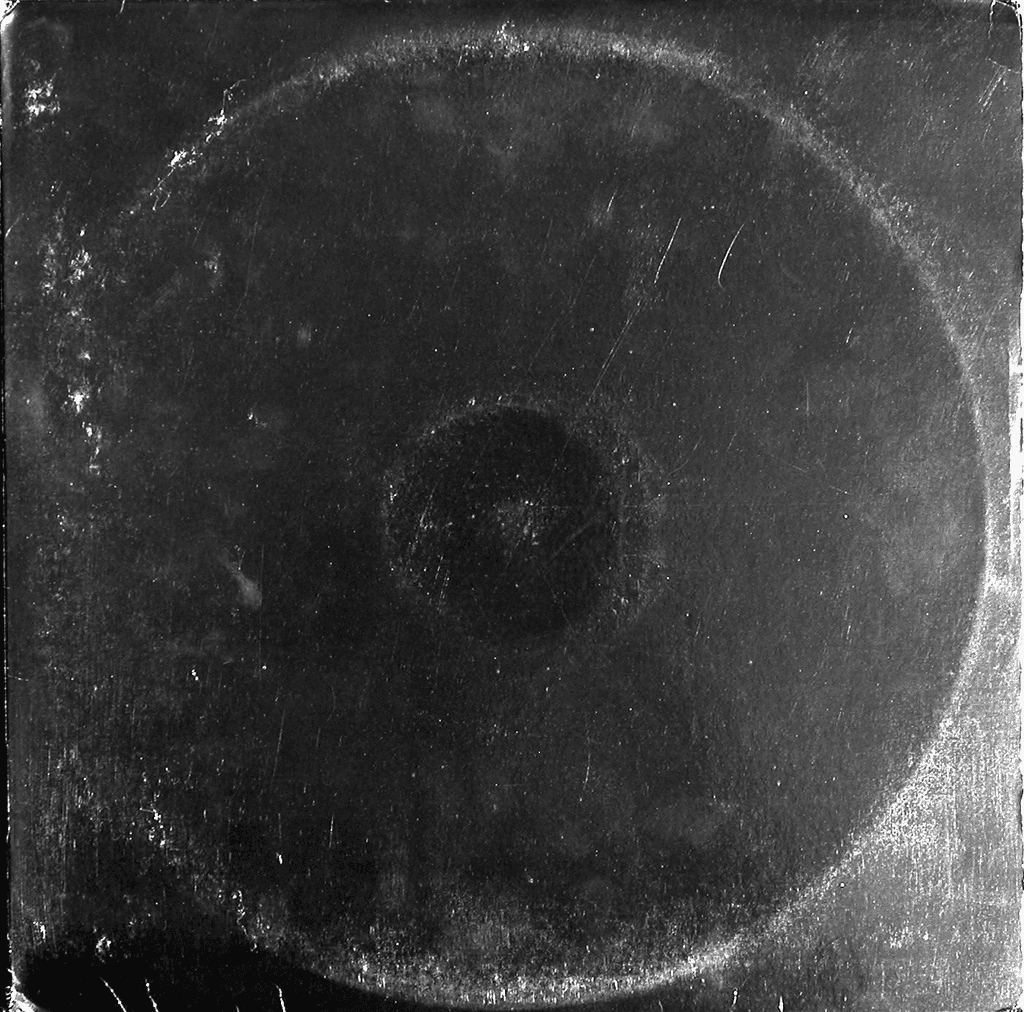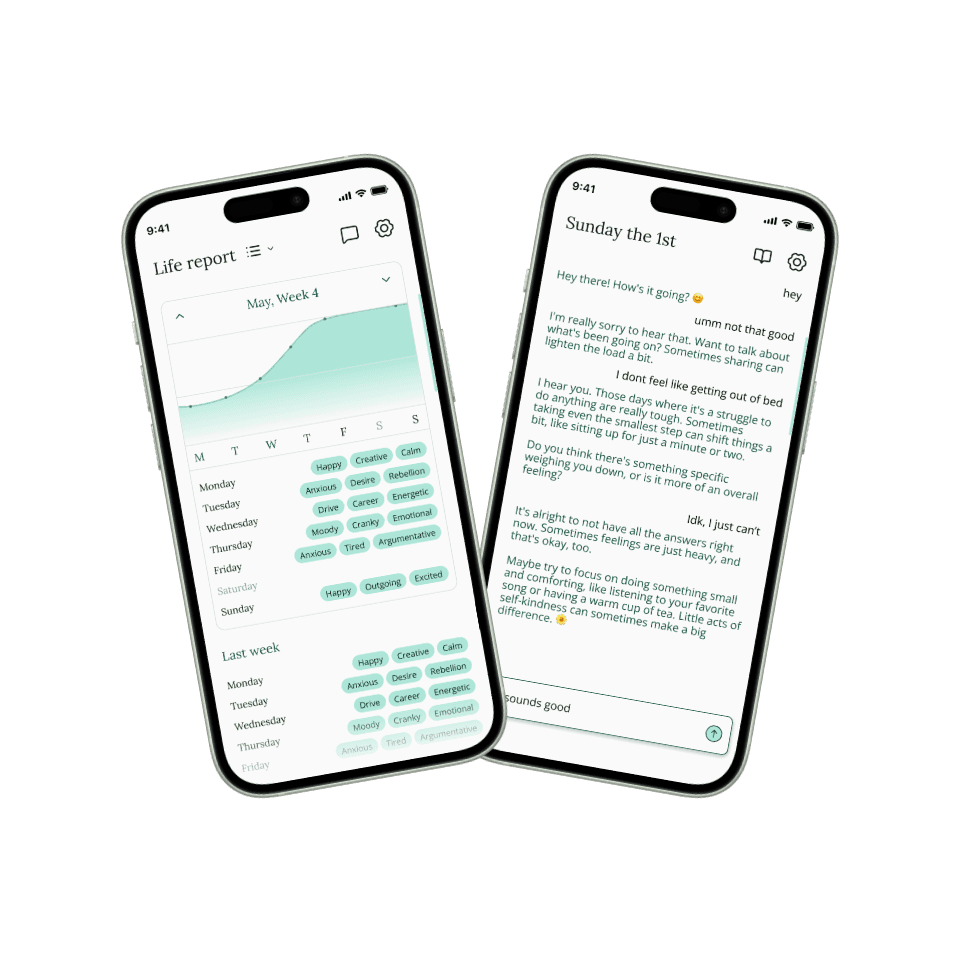
Addiction Therapy: A Comprehensive Guide to Treatment and Recovery
Addiction Therapy: A Comprehensive Guide to Treatment and Recovery
Oct 2, 2024
Oct 2, 2024
Addiction therapy plays a crucial role in helping individuals overcome substance use disorders and behavioral addictions. This comprehensive guide explores the various aspects of addiction therapy, including different treatment approaches, what to expect, and how to find the right support for your recovery journey.
Understanding Addiction Therapy
Addiction therapy is a specialized form of treatment that addresses both the physical and psychological aspects of addiction. It helps individuals:
Understand the root causes of their addiction
Develop coping strategies for triggers and cravings
Build healthier habits and relationships
Create a sustainable recovery plan
Address co-occurring mental health conditions
Types of Addiction Therapy
1. Cognitive Behavioral Therapy (CBT)
CBT is one of the most effective approaches in addiction treatment:
Identifies negative thought patterns and behaviors
Develops healthy coping mechanisms
Helps prevent relapse
Addresses underlying mental health issues
Provides practical strategies for managing triggers
2. Motivational Interviewing (MI)
This therapeutic approach focuses on:
Building internal motivation for change
Resolving ambivalence about recovery
Strengthening commitment to treatment
Setting achievable recovery goals
Developing a clear vision for the future
3. Group Therapy
Group therapy offers unique benefits:
Peer support and understanding
Shared experiences and solutions
Development of social skills
Accountability and structure
Real-world feedback and perspectives
4. Family Therapy
Family therapy addresses:
Relationship dynamics and communication
Impact of addiction on family members
Development of healthy boundaries
Support system strengthening
Generational patterns and trauma
5. Dialectical Behavior Therapy (DBT)
DBT focuses on:
Emotional regulation skills
Mindfulness practices
Interpersonal effectiveness
Distress tolerance
Acceptance and change balance
The Addiction Therapy Process
Initial Assessment
The therapy journey typically begins with:
Comprehensive evaluation of addiction severity
Mental health screening
Physical health assessment
Family and social history review
Treatment goals discussion
Treatment Planning
A personalized treatment plan includes:
Specific therapy approaches
Frequency of sessions
Additional support services
Medication management if needed
Progress monitoring methods
Ongoing Treatment
Regular therapy sessions involve:
Skill-building exercises
Processing emotions and experiences
Addressing challenges and setbacks
Celebrating progress and successes
Adjusting treatment strategies as needed
What to Expect in Addiction Therapy
Early Stages
The beginning of therapy often focuses on:
Building trust with your therapist
Establishing treatment goals
Learning about addiction and recovery
Developing initial coping strategies
Creating a support network
Middle Stages
As therapy progresses, you'll work on:
Deeper emotional processing
Addressing underlying trauma
Strengthening recovery skills
Building healthy relationships
Developing life skills
Advanced Stages
Later stages of therapy concentrate on:
Relapse prevention planning
Long-term recovery maintenance
Life transition preparation
Building independence
Creating lasting support systems
Finding the Right Addiction Therapist
Consider these factors when seeking treatment:
Credentials and Experience
Specialized addiction training
Professional licensing
Experience with your specific addiction
Treatment approach compatibility
Treatment Philosophy
Evidence-based practices
Holistic vs. traditional approaches
Individual vs. group focus
Integration of family support
Practical Considerations
Location and accessibility
Schedule flexibility
Insurance coverage
Cost and payment options
Frequently Asked Questions About Addiction Therapy
How long does addiction therapy typically last?
The duration varies based on individual needs, ranging from several months to ongoing support. Treatment length depends on addiction severity, recovery progress, and personal circumstances.
Is addiction therapy covered by insurance?
Many insurance plans cover addiction therapy. Check with your provider about specific coverage details and approved treatment providers.
Can I continue working while in therapy?
Many outpatient therapy programs are designed to accommodate work schedules. Discuss your needs with potential providers to find a suitable arrangement.
What happens if I relapse during therapy?
Relapse is often part of the recovery process. A good therapist will help you learn from the experience and adjust your treatment plan accordingly.
How do I know if addiction therapy is working?
Progress indicators include reduced substance use, improved coping skills, better relationships, enhanced emotional regulation, and increased life satisfaction.
Taking the First Step
Beginning addiction therapy takes courage, but it's a vital step toward recovery. Remember:
Recovery is possible with proper support
Treatment can be customized to your needs
Many people successfully overcome addiction
It's never too late to seek help
Support is available for all stages of recovery
If you're ready to explore addiction therapy options, reach out to a qualified addiction specialist or treatment center in your area. Your journey to recovery can begin today.
Addiction therapy plays a crucial role in helping individuals overcome substance use disorders and behavioral addictions. This comprehensive guide explores the various aspects of addiction therapy, including different treatment approaches, what to expect, and how to find the right support for your recovery journey.
Understanding Addiction Therapy
Addiction therapy is a specialized form of treatment that addresses both the physical and psychological aspects of addiction. It helps individuals:
Understand the root causes of their addiction
Develop coping strategies for triggers and cravings
Build healthier habits and relationships
Create a sustainable recovery plan
Address co-occurring mental health conditions
Types of Addiction Therapy
1. Cognitive Behavioral Therapy (CBT)
CBT is one of the most effective approaches in addiction treatment:
Identifies negative thought patterns and behaviors
Develops healthy coping mechanisms
Helps prevent relapse
Addresses underlying mental health issues
Provides practical strategies for managing triggers
2. Motivational Interviewing (MI)
This therapeutic approach focuses on:
Building internal motivation for change
Resolving ambivalence about recovery
Strengthening commitment to treatment
Setting achievable recovery goals
Developing a clear vision for the future
3. Group Therapy
Group therapy offers unique benefits:
Peer support and understanding
Shared experiences and solutions
Development of social skills
Accountability and structure
Real-world feedback and perspectives
4. Family Therapy
Family therapy addresses:
Relationship dynamics and communication
Impact of addiction on family members
Development of healthy boundaries
Support system strengthening
Generational patterns and trauma
5. Dialectical Behavior Therapy (DBT)
DBT focuses on:
Emotional regulation skills
Mindfulness practices
Interpersonal effectiveness
Distress tolerance
Acceptance and change balance
The Addiction Therapy Process
Initial Assessment
The therapy journey typically begins with:
Comprehensive evaluation of addiction severity
Mental health screening
Physical health assessment
Family and social history review
Treatment goals discussion
Treatment Planning
A personalized treatment plan includes:
Specific therapy approaches
Frequency of sessions
Additional support services
Medication management if needed
Progress monitoring methods
Ongoing Treatment
Regular therapy sessions involve:
Skill-building exercises
Processing emotions and experiences
Addressing challenges and setbacks
Celebrating progress and successes
Adjusting treatment strategies as needed
What to Expect in Addiction Therapy
Early Stages
The beginning of therapy often focuses on:
Building trust with your therapist
Establishing treatment goals
Learning about addiction and recovery
Developing initial coping strategies
Creating a support network
Middle Stages
As therapy progresses, you'll work on:
Deeper emotional processing
Addressing underlying trauma
Strengthening recovery skills
Building healthy relationships
Developing life skills
Advanced Stages
Later stages of therapy concentrate on:
Relapse prevention planning
Long-term recovery maintenance
Life transition preparation
Building independence
Creating lasting support systems
Finding the Right Addiction Therapist
Consider these factors when seeking treatment:
Credentials and Experience
Specialized addiction training
Professional licensing
Experience with your specific addiction
Treatment approach compatibility
Treatment Philosophy
Evidence-based practices
Holistic vs. traditional approaches
Individual vs. group focus
Integration of family support
Practical Considerations
Location and accessibility
Schedule flexibility
Insurance coverage
Cost and payment options
Frequently Asked Questions About Addiction Therapy
How long does addiction therapy typically last?
The duration varies based on individual needs, ranging from several months to ongoing support. Treatment length depends on addiction severity, recovery progress, and personal circumstances.
Is addiction therapy covered by insurance?
Many insurance plans cover addiction therapy. Check with your provider about specific coverage details and approved treatment providers.
Can I continue working while in therapy?
Many outpatient therapy programs are designed to accommodate work schedules. Discuss your needs with potential providers to find a suitable arrangement.
What happens if I relapse during therapy?
Relapse is often part of the recovery process. A good therapist will help you learn from the experience and adjust your treatment plan accordingly.
How do I know if addiction therapy is working?
Progress indicators include reduced substance use, improved coping skills, better relationships, enhanced emotional regulation, and increased life satisfaction.
Taking the First Step
Beginning addiction therapy takes courage, but it's a vital step toward recovery. Remember:
Recovery is possible with proper support
Treatment can be customized to your needs
Many people successfully overcome addiction
It's never too late to seek help
Support is available for all stages of recovery
If you're ready to explore addiction therapy options, reach out to a qualified addiction specialist or treatment center in your area. Your journey to recovery can begin today.
View more insightful blog articles
Today's tune



Track your mental health and get support between sessions with Verba
Learn more

Track your mental health and get support between sessions with Verba
Learn more

Track your mental health and get support between sessions with Verba
Learn more

Advait Naik
Advait is the founder of Verba and is working at the intersection of psychology, design and technology to create Verba, an app that helps us be more self aware through clarity and communicate our life in therapy